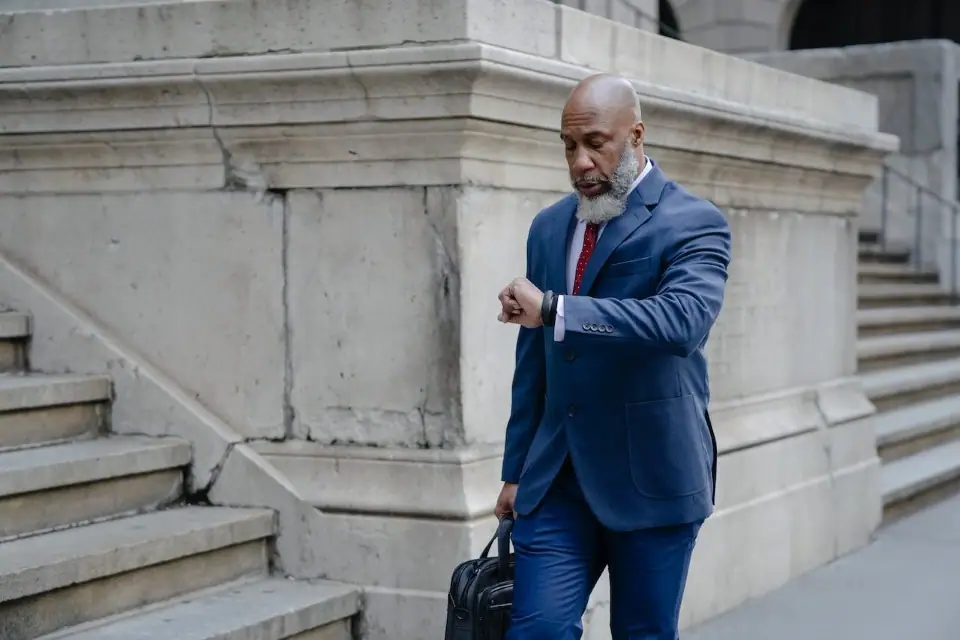Entertainment law is the area of law that deals with the entertainment industry. This includes film, television, music, publishing, and more. Entertainment lawyers handle legal matters for those working in entertainment, like actors, directors, producers, writers, musicians, and production companies.
Education and Licensing
Entertainment lawyers typically have a law degree and must pass the bar exam to practice law. Many focus specifically on entertainment law during law school. They also generally have licenses to practice in California and New York where much of the entertainment industry is centered.
Key Aspects
There are many aspects to entertainment law that lawyers in this field handle. This includes reviewing and drafting contracts like representation agreements for actors or directors, options contracts for production companies, and licensing agreements. Entertainment lawyers also assist with matters like royalties, copyright, trademark, guild issues, clearance matters, and litigation.

Dealing with Talent and Studios
A big part of an entertainment lawyer’s job is negotiating deals with talents like actors, directors, musicians, and writers as well as studios and production companies. This involves evaluating projects, determining pay rates, negotiating profit participation, and finalizing agreements. The goal is getting their client the best possible deal.
Litigation
When conflicts arise in the entertainment business, entertainment lawyers are often called upon to handle litigation matters. This may involve breach of contract disputes, royalties issues, rights conflicts, bankruptcy claims, and more. Entertainment litigation can become complex with high financial stakes.
An Evolving Field
Entertainment law is constantly changing and adapting as the industry evolves with new technologies and mediums. Entertainment lawyers must stay updated on the latest laws, regulations, and industry trends to best represent their clients. The internet and digital media have created many new issues and opportunities in recent years.
In short, entertainment law covers the legal side of the film, TV, music, and entertainment industries. Lawyers in this field handle transactional matters as well as litigation for a range of clients. It is a complex specialty that requires specific expertise in this unique business and its contractual issues.

